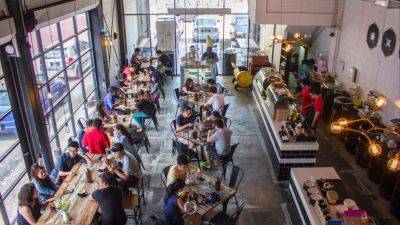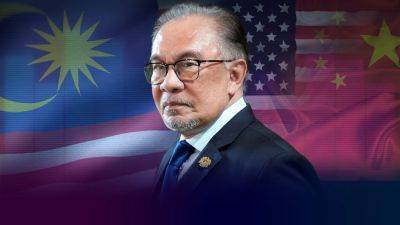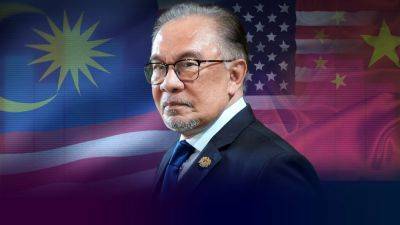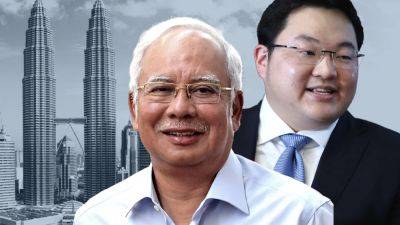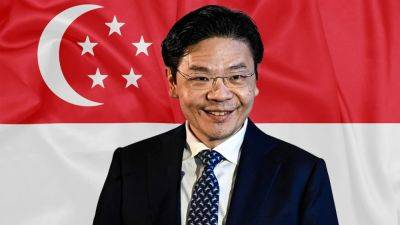‘Neutral’ Malaysia is best bet for chipmakers seeking haven from US-China tech war, Anwar says
Anwar said Malaysia aimed to secure at least 500 billion ringgit (US$106 billion) in fresh semiconductor investments under a new National Semiconductor Strategy (NSS).
“I offer our nation as the most neutral and non-aligned location for semiconductor production, to help build a more secure and resilient global semiconductor supply chain,” Anwar said in his keynote speech at Semicon Southeast Asia 2024 in Kuala Lumpur, which drew dozens of firms from Asia, Europe and the Americas.
“Geopolitical dynamics aside, a robust multinational semiconductor production remains vital for humankind’s survival, particularly as we are running out of time in our climate action and risk mitigation.”
Malaysia is a key player in the global semiconductor industry, supplying 13 per cent of total demand in the assembly, packaging and testing sector, according to government data.
The semiconductor industry contributes to about 25 per cent of the country’s gross domestic product, according to the government’s estimates.
In April, Anwar unveiled a planned integrated circuit design park in Selangor — the country’s most industrialised state – to grow local capability in IC design and wafer fabrication manufacturing. This process is central to the manufacturing of integrated circuits used to build artificial intelligence processes and supercomputers, the latter of which are the focus of US tech sanctions against China.
Under the US Chips Act passed by Congress in 2022, chipmakers that deal with the US are barred from expanding semiconductor manufacturing in China or any country deemed by the US government as posing a national security risk.
The US-China trade war has presented a golden opportunity for Southeast Asian economies, where chipmakers have


